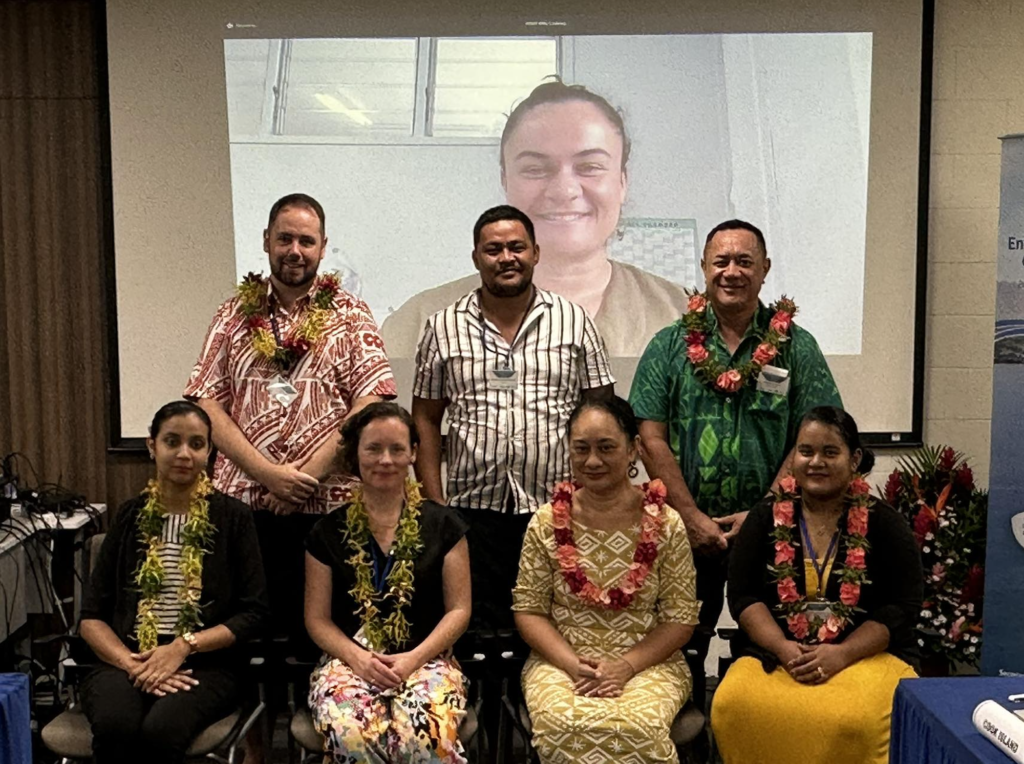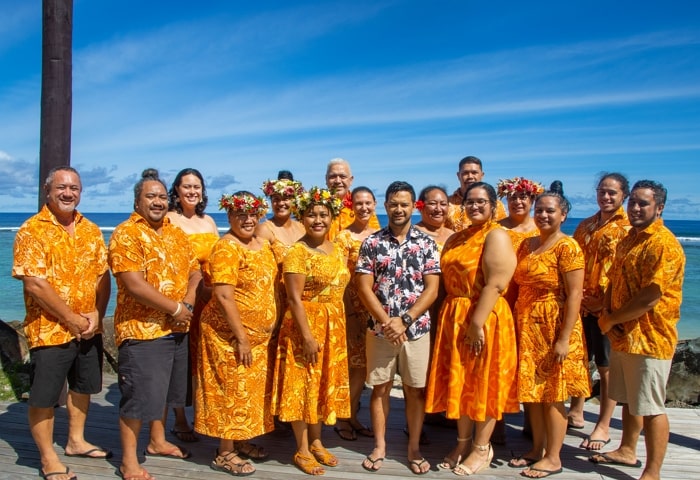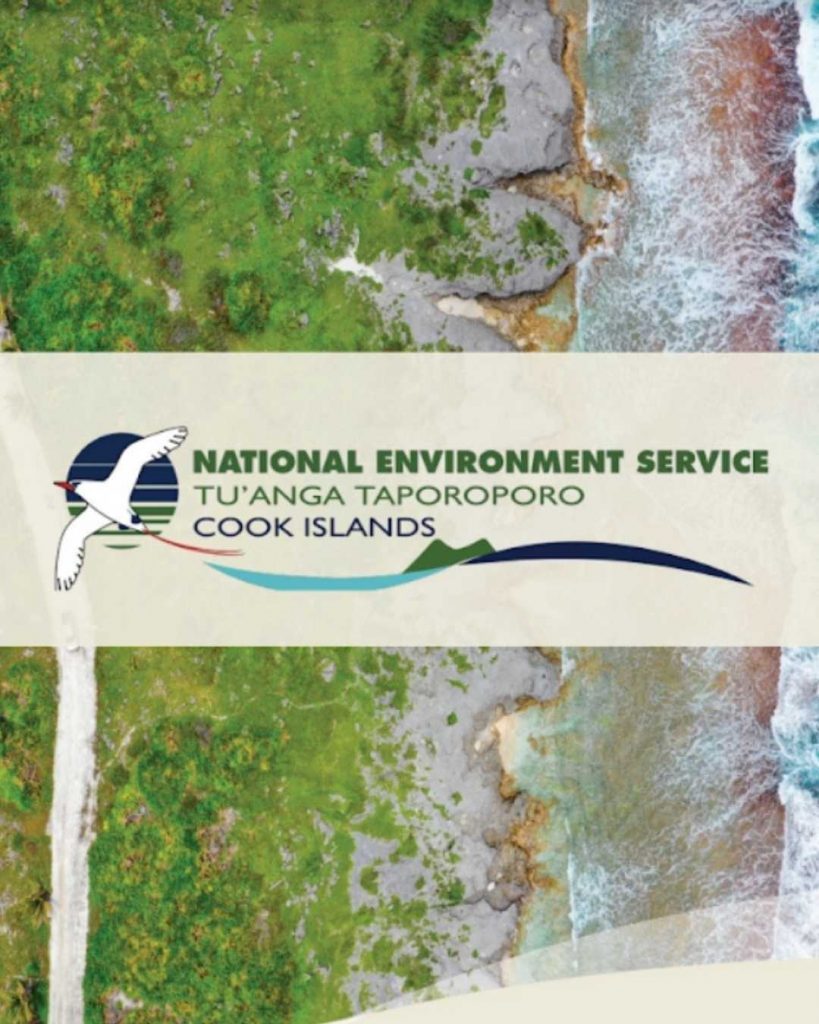In steering employment and wage policies, the International Labor Organization (ILO), in collaboration with the Government of the Cook Islands – Ministry of Internal organized a two day workshop. The workshop was held at the Crown Beach Resorts, Conference Room in Arorangi, Rarotonga. The Workshop was attended by Apii Pakitoa, Administration Officer, Environmental Policy & Planning Division of NES.
The workshop placed some specific emphasis on evidence, based policy formulation and offered guidance and opportunities to discuss on some key themes, including youth, labour, mobility, digital and environmental transformation, amongst others.
It is also designed to offer a roadmap to create and develop effective, coherent and consistent policies for the Cook Islands, as well as concrete action plan with concrete policies and measures to be put in place, following the principles of national ownership and dialogue, based on ILO recommendations and international Labour Standards and drawing from country examples.
In our global landscape, we face two critical imperatives: addressing the profound socio-economic impacts of the COVID 19 crisis and tacking persistent issues of working poverty and inequality.
The international Labour Conference’s “Global Call To Action” adopted in June 2021, centers on “full productive, and freely chosen employment and descent work” as the linchpin for a more inclusive, sustainable, and resilient post pandemic world.
Even before the pandemic, Pacific island Countries (PICs) grappled with economic setbacks, often due to external shocks like natural disasters. These crises reshaped employment in terms of scale and sectoral dynamics. Recognizing the need for change, nations worldwide, particularly in the Pacific, emphasize a structural transformation, moving away from crisis-affected sectors towards new opportunities.
Stimulating decent job creation, ensuring access to employment, and boosting the resilience of workers and enterprises are global policy priorities, especially in PICs. Achieving this entails seizing opportunities in the digital and environmental transition and addressing transformative trends like climate change.
This would really enhance the knowledge, and tools provided through the workshop on how to design and implement effective policies that promote decent work, reduce inequality and foster inclusive and sustainable growth.
It provides specific emphasis on evidence based policy formulation and offer guidance and opportunities on some key themes, including youth, mobility, digital and environmental transformation amongst others.
It is also designed to offer a roadmap to create and develop effective, coherent and consistent policies for the Cook Islands, as well as concrete action plan with concrete policies and measures to be put in place, following the principles of national ownership and dialogue, based on ILO recommendations and international Labour Standards and drawing from country examples.







